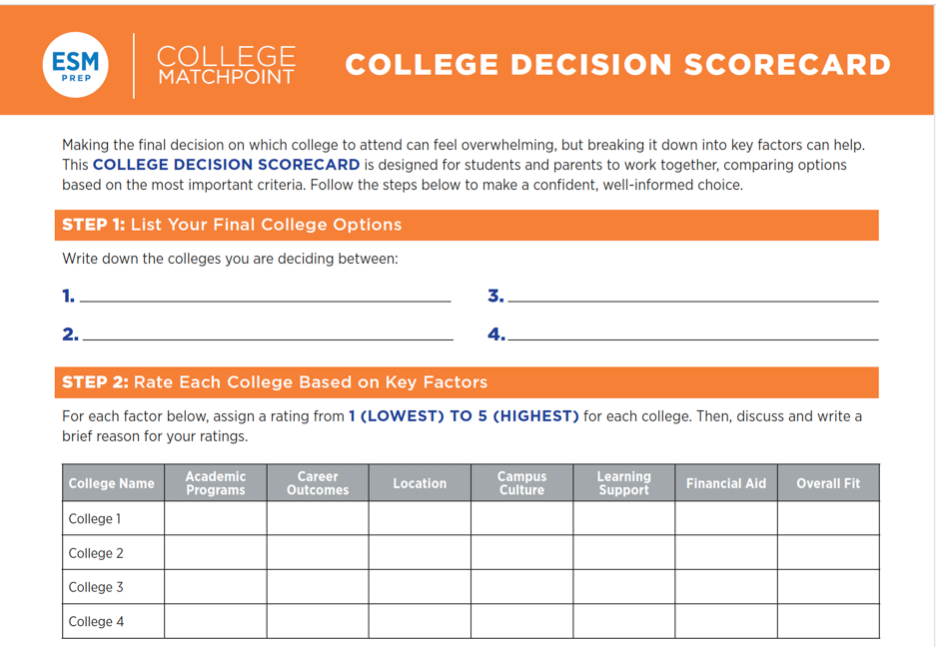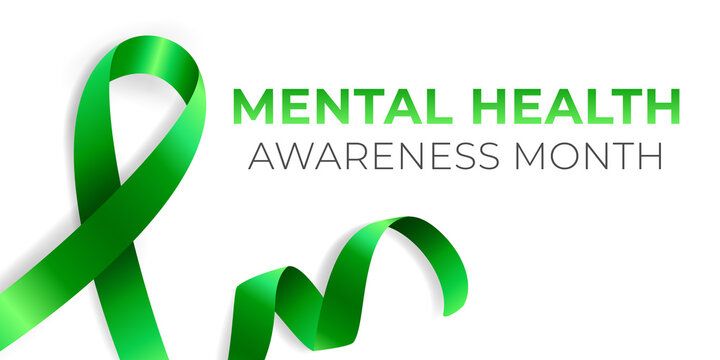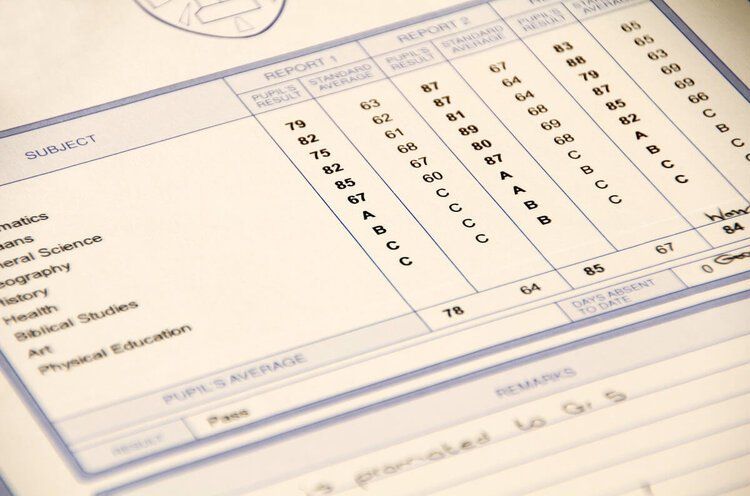This page is licensed under Creative Commons under Attribution 4.0 International. Anyone can share content from this page, with attribution and link to College MatchPoint requested.
Posts tagged College Planning

It’s easy to fall into the trap of building a college list around prestige. For many students, that means stacking the list with reach schools—those with low admit rates and big-name reputations—while treating match and possible schools like afterthoughts. But here’s the thing: a balanced college list isn’t just a safety net—it’s a strategy for success. With so much unpredictability in admissions, especially at public flagships and highly selective schools, having a thoughtful mix of options ensures good news come spring. A balanced list doesn’t mean lowering your goals. It means expanding your options, aligning with your future, and making sure that when spring comes around, good news is part of the equation.

Choosing the right college is one of the most significant decisions you'll make. It’s a choice that affects your education, career opportunities, social experiences, and financial future. With so many factors to consider, it’s easy to feel overwhelmed. But take a deep breath—this is an exciting moment! The good news is that there’s no single “right” choice. The best decision is the one that aligns with your values, goals, and future aspirations. Most colleges and universities set a final decision deadline of May 1 of a student’s senior year. It’s essential to compare options thoroughly but also to make a timely decision to secure your spot. This guide will walk you through a step-by-step approach to choosing your college with confidence and excitement!

Applying to college is one of the most stressful experiences for high school students today. Research shows that 76% of students view the process as a life-defining moment, and 73% worry that even a small mistake could negatively impact their chances of admission. With increasing academic expectations, social comparison, and the overwhelming amount of advice available, it’s no surprise that the admissions process can lead to heightened anxiety, depression, and even disordered eating patterns. While some level of stress is expected, it’s critical to recognize when it becomes a serious concern—and to take action to protect teen mental health.

The college admissions landscape often feels like it's built for students with sky-high GPAs and perfect test scores, but the truth is, there are fantastic schools out there for students with a "C" average. These institutions provide strong academics, robust student support, and opportunities for career preparation while offering a welcoming environment for students who may not have a 4.0 GPA. Here, we’ve rounded up some of our favorite hidden gem universities—both public and private—that offer impressive academic programs, strong student resources, and an environment where students can truly thrive.

As your 8th grader begins thinking about their transition to 9th grade, they’re likely feeling a mix of excitement and nervousness. The jump from middle school to high school brings new opportunities and responsibilities, and the classes they choose now will set the tone for their high school experience. Sitting down to discuss their options can help ease their nerves and give them the confidence to make thoughtful decisions. Balancing core academic subjects, electives that spark curiosity, and a manageable workload is key to creating a schedule that supports both growth and well-being. Here are some important considerations to keep in mind as you guide your teen through this process and help them build a foundation for success in high school.

Staying on top of a demanding high school course load is definitely challenging. Between heavy reading assignments, tests in multiple subjects looming at once, and hours of homework every night, you’ll want to build effective organization and time management skills to help you succeed while balancing the rest of your activities and social life.

Your high school transcript is more than just a record of grades—it’s a window into your academic journey and potential. Admissions officers use it to evaluate your course selections, academic rigor, and growth over time, all within the context of your school’s offerings. Understanding how your transcript is assessed can help you make strategic choices that showcase your strengths and align with your goals. Whether you’re navigating AP courses, considering GPA trends, or reviewing your school’s profile, every detail on your transcript contributes to your story as a student. Let’s explore how colleges analyze transcripts and what steps you can take to make yours stand out.

Deciding whether to apply early decision can be a challenging dilemma for high school students and their parents. Early decision applicants generally have higher acceptance rates compared to regular decision applicants; for example, Vanderbilt University admitted 15.7% of ED applicants in 2023, compared to just 4.2% of regular decision applicants. However, this binding commitment requires a high level of certainty about the student's top choice, which can be daunting amid the complexities of college selection. Colleges are increasingly admitting a larger percentage of their class through ED to improve yield rates, ensuring that admitted students are more likely to enroll, adding pressure to make such a significant decision early in the senior year. Given these trends, let's break down the pros and cons of Early Decision and provide a checklist to help you make an informed choice. What is Early Decision? Early Decision (ED) is an application option offered by many colleges where students apply early (usually by November 1st) and receive an admission decision by mid-December. The key difference between ED and other application types, including Early Action, is that ED is binding – if you're accepted, you're committed to attending that school. Pros of Applying Early Decision 1. Higher Acceptance Rates : Many colleges admit a higher percentage of ED applicants compared to regular decision applicants. 2. Demonstrating Interest : Applying ED shows the college that they're your top choice. 3. Early Decision : You'll know your college plans by December, potentially reducing stress during your senior year. 4. Potential for Better Financial Aid : Some colleges may offer more generous financial aid packages to ED applicants. Cons of Applying Early Decision 1. Binding Commitment : If accepted, you must attend the school (barring extreme circumstances or insufficient financial aid). 2. Limited Financial Aid Comparison : You won't be able to compare financial aid offers from multiple schools. 3. Reduced Negotiating Power : With a binding commitment, you have less leverage to negotiate your financial aid package. 4. Less Time to Improve Your Application : You'll be applying with your junior year grades and test scores. 5. Missed Opportunities : With the rising popularity of Early Action, choosing ED means you can't apply EA to multiple schools. Early Decision Checklist: Is It Right for You? Use this 6-point checklist to help determine if Early Decision is the right choice for you: 1. Clear First Choice □ Do you have an absolute favorite school that stands out above all others? □ Have you thoroughly researched this school and are confident it's the best fit for you? 2. Academic Readiness □ Are your current grades and test scores within or above the school's typical admitted student range? □ Do you feel your application is as strong now as it will be later in the year? 3. Financial Preparedness □ Has your family thoroughly reviewed the school's costs and financial aid policies? □ Can your family comfortably afford this school without needing to compare aid packages from other institutions? 4. Understanding of Commitment □ Do you fully understand the binding nature of Early Decision? □ Are you prepared to withdraw all other college applications if accepted ED? 5. Timing and Preparation □ Can you submit a strong, well-prepared application by the early deadline? □ Have you allowed enough time for any required standardized tests, essays, and recommendations? 6. Exploration of Alternatives □ Have you considered Early Action as an alternative to Early Decision? □ Are you comfortable potentially missing out on Regular Decision or Early Action opportunities at other schools? If you can confidently check off most or all of these points, Early Decision might be a good option for you. If you have several unchecked boxes, you may want to reconsider and explore other application strategies. A Word to Parents As a parent, your role is crucial in the ED decision. Here's how you can help: 1. Discuss finances openly : Be clear about what your family can afford and use net price calculators to estimate costs. 2. Encourage research : Help your child thoroughly investigate their top-choice school before committing to ED. 3. Provide perspective : Remind your child that there are many great schools where they can thrive, not just one "perfect" choice. 4. Support, don't pressure : While you can offer guidance, the decision to apply ED should ultimately be your child's. 5. Consider all options : Discuss the pros and cons of ED vs. EA and regular decision, taking into account the current trends in college admissions. Early Decision can be an excellent option for students who have a clear top choice and are in a financial position to commit without comparing aid packages. However, it's not the right path for everyone, especially given the rising popularity of Early Action. The surge in early applications, particularly at selective institutions, has changed the admissions landscape. While ED can still offer an advantage, it's crucial to weigh this against the flexibility of EA or regular decision. Use the checklist provided to carefully consider all your options, discuss with your family, and consult with your school counselor before making this significant decision. Remember, whether you apply Early Decision, Early Action, or Regular Decision, the most important factor is finding a school where you'll be happy and successful.

As the first month of senior year is underway and students begin hearing from their school counselors about the tasks ahead of them, some students may feel behind. Not to worry! There is plenty of time to work through the steps you need to take. Just work through the following game plan and check off each item as you complete it. You’ll feel great knowing you are completing everything on time. And if you set your mind to it, you can finish your essays and applications by early action deadlines.



